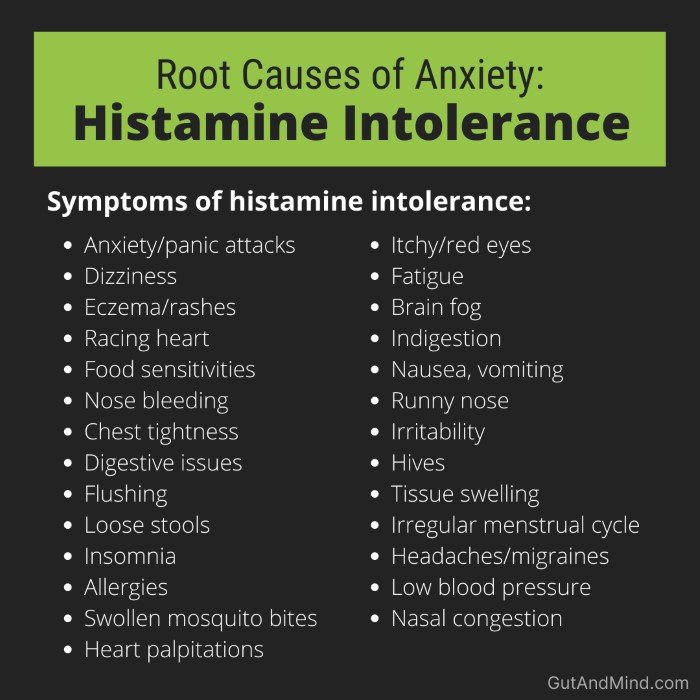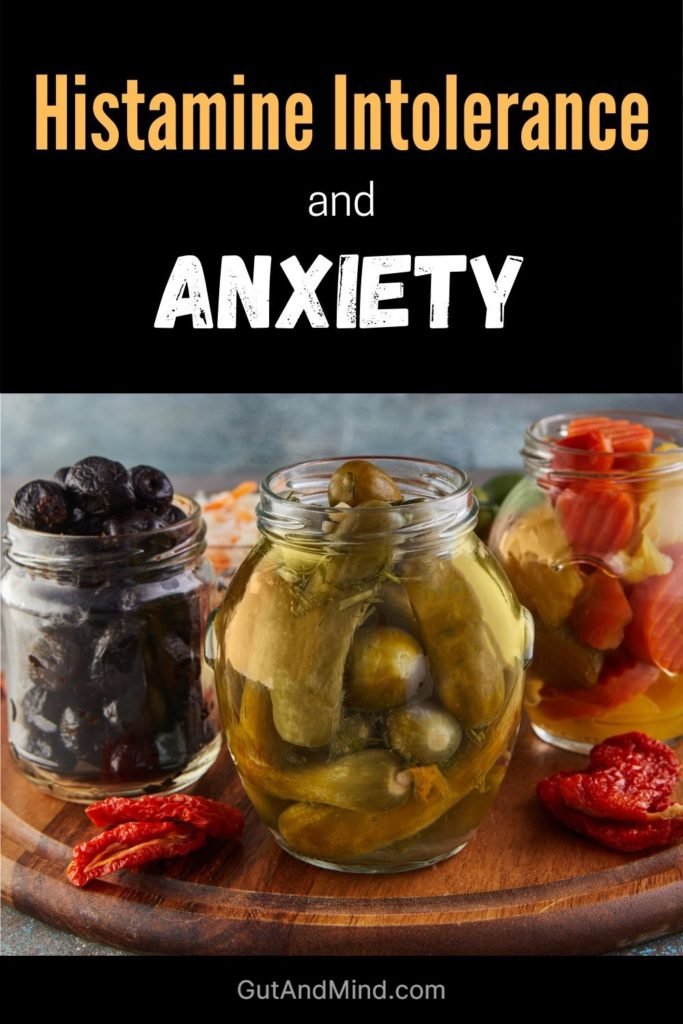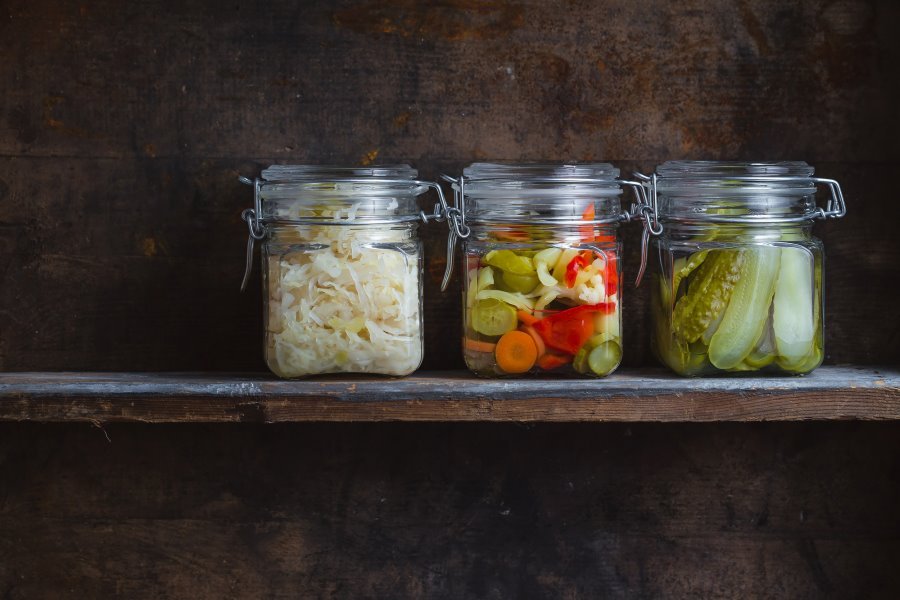Do you ever feel like you’re allergic to almost everything?
Does your allergy seem to come and go and you have trouble figuring out which food is causing your symptoms?
Have you had to stop eating fermented foods such as sauerkraut, pickles, and yogurt, or cured meats because of how terrible you feel afterward?
If you answered yes to the above, you could be experiencing histamine intolerance.
According to Chris Kresser:
“Histamine intolerance is unlike other food allergies or sensitivities in that the response is cumulative, not immediate. Imagine it like a cup of water. When the cup is very full (high amounts of histamine in the diet), even a drop of additional water will cause the cup to overflow (symptoms activated). But when the cup is less full, it would take more water (histamine) to cause a response. This makes histamine intolerance tricky to recognize.”
Histamine intolerance can definitely be “tricky to recognize”. It took me a couple of years to figure out what was going on. I couldn’t explain the dizziness, the extreme anxiety 30-90 minutes after eating certain foods, eczema on my hands, facial rashes, bloating, indigestion, relatively frequent headaches, etc. I finally noticed that I would get most of these symptoms on days I had sauerkraut. Back then I ate sauerkraut frequently thinking that it was good for me. I had no idea that this food, along with other high-histamine foods, was the main cause of my panic attacks.
Symptoms of Histamine Intolerance
Some of the symptoms of histamine intolerance include:
- Anxiety
- Dizziness
- Food sensitivities
- Hives
- Rashes/eczema
- Diarrhea
- Asthma
- Runny nose
- Headaches or migraines
- Low blood pressure
- Chronic fatigue
- Nasal congestion
- Irregular menstrual cycle
- Digestive issues
- Itchy/red eyes
- Tissue swelling
- Panic attacks
- Racing heart
- Heart palpitations
- Nose bleeding
- Chest tightness

High-Histamine Foods
Foods high in histamine that can cause the above symptoms include:
- Fermented foods (sauerkraut, yogurt, pickles, kimchi, etc.)
- Alcohol
- Kombucha
- Avocado
- Spinach
- Canned fish
- Processed meat
- Aged cheese
- Shellfish
- Fish and meat that isn’t very fresh
Sauerkraut, yogurt, and pickles were the three foods that made me realize that I was dealing with histamine intolerance. They’re so high in histamines that they give me problems almost every time I eat them.
There are also foods that trigger histamine release in the body:
- Bananas
- Tomatoes
- Chocolate
- Alcohol
- Citrus fruit
- Some nuts
How to Tell You Have Histamine Intolerance
One of the best ways to determine whether you suffer from histamine intolerance is to try a low-histamine diet, or at least keep a food diary and take note of when your symptoms occur. If you decide to remove a lot of foods from your diet, it might be a good idea to consult with a dietician/nutritionist first to avoid nutritional deficiencies.
Some of the things I take to lessen my symptoms include quercetin, higher doses of vitamin C, nettle leaf tea or capsules, and occasionally beef kidney supplements. Depending on where you live, you might be able to also find a diamine oxidase (DAO) supplement. DAO is an enzyme responsible for the degradation of ingested histamine. The DAO supplement I’ve tried is called “Histamine Block” by Seeking Health. Some people prefer to take a beef kidney supplement as kidneys can be rich in DAO.
Histamine Intolerance and Gut Health
Since histamine intolerance can be caused by gut dysbiosis (an imbalance of bacteria in your gastrointestinal tract), it’s important to work on your gut health to improve or completely cure your histamine intolerance.
My histamine intolerance popped up after I started having issues due to an H. pylori infection. By getting a comprehensive stool analysis done, I found out about the infection and bacterial imbalance. I highly recommend getting one of those tests done if you have no idea where your histamine intolerance comes from.
Histamine Intolerance and Genetics
Some people with histamine intolerance can have a DAO deficiency due to genetics. Specific variants in the AOC1 gene have been associated with reduced DAO activity resulting in histamine buildup. Another enzyme that’s needed for the breakdown of histamine is HNMT (Histamine Methyltransferase).
To find out more about histamine intolerance and genetics, I highly recommend this article from Genetic Lifehacks.








